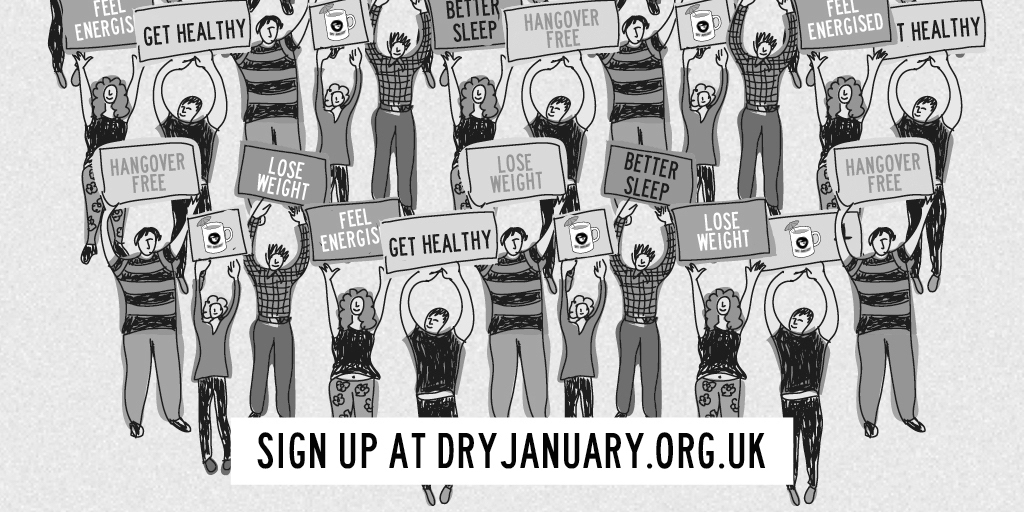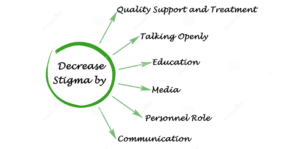You might not expect to find a piece on Dry January on an addiction recovery site, although you will certainly see it covered across all other traditional and social media. The first “official” campaign seems to have started in 2012 in the UK. Alcohol Concern, a leading UK charity encouraged a challenge to go alcohol free for a month to raise funds for their work.
A lot of people report having done this regularly for the sake of their health, so with the added motivation of a worthwhile cause this annual campaign has continued to grow. It is predicted that one in five UK adults will take part in 2017. The idea has gained traction in the United States, Australia and South Africa signifying an international appetite for reconsidering the role of alcohol in day to day life. Some commentators suggest there is a “sobriety movement” growing with more people choosing alcohol free lifestyles hailing 2017 as the year that the “sobriety movement” will hit the mainstream. Certainly attitudes to drinking are changing and the rise of alcohol free drink choices in pubs and clubs is one of the biggest growth areas in the beverage market.
One of the major benefits associated with the alcohol free challenge is that people rethink their relationship with drinking. Many who try a Dry January choose to go a step further remaining sober all year round. Comments on the Dry January blogs, and in numerous articles covering last years campaign reveal that many participants realised they really did have a drink problem whilst others just preferred feeling healthier and saving money!
Whatever the outcomes all of this is good news for anyone in a recovery process. In the past one of the key factors identified as an obstacle to sober living was social pressure in a society where drinking (even heavy drinking) was the social norm. This emerging sober lifestyle trend can only help make recovery a less stigmatised option.





